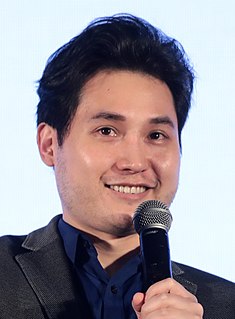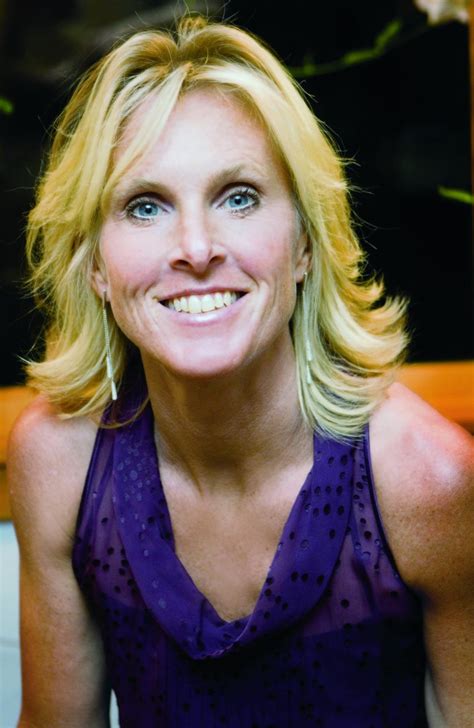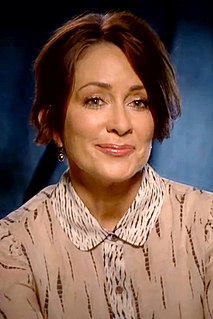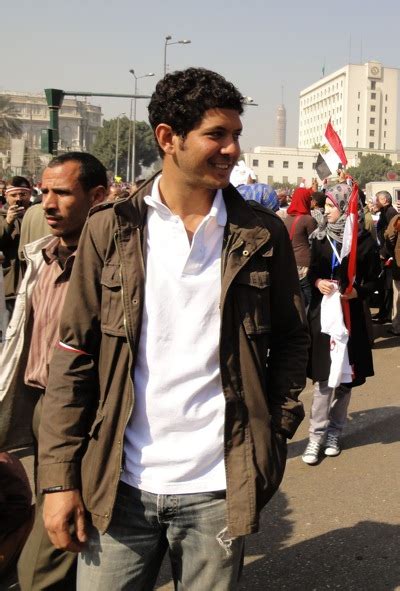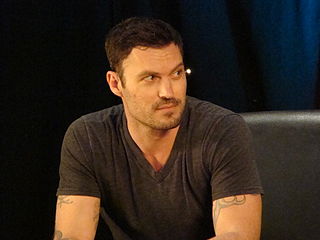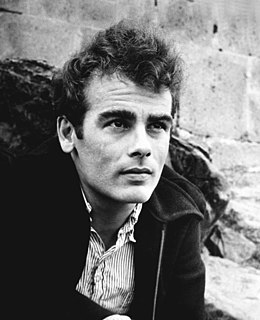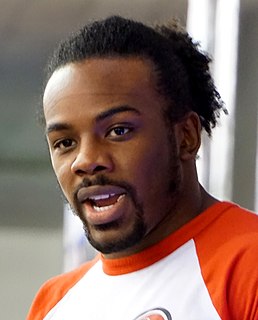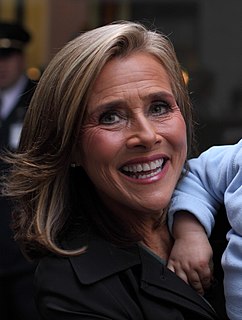A Quote by Andy Ngo
I got into journalism, actually, when I started my graduate program at Portland State and ended up becoming the multimedia editor of the student paper and covered very uninteresting stories on campus: this culture event, dance night.
Related Quotes
I reluctantly signed up for a journalism major, thinking I needed a fall-back way to make money should my career as a novelist fail to take off. As I started to try on journalism, including doing internships and working at the campus paper, I found I actually liked it. So I started to want to be a journalist.
I hated the culture, I hated the work. I very quickly realized that this wasn't what I wanted to do. So, after two years, I took some writing courses - I always loved to write - and I figured the only way I was going to get paid to write was in journalism. I really wasn't very involved politically with anything up until that point. Then I started reading about the second Palestinian Intifada, and I spoke to friends in activist and journalism circles. Then, somehow by complete luck, I ended up at Democracy Now.
I was in the journalism program in college and had some internships in print journalism during the summers. The plan was to go to Columbia University Graduate School of Journalism to learn broadcasting after I graduated. I was enrolled and everything, but ultimately decided that I could never afford to pay back the loan I'd have to take out.
When I applied to Stanford, I applied for graduate work in the PhD program, not to the creative writing program, mostly because though I had some vague ambition of becoming a writer and I was trying to write poems and essays and stories, I didn't feel like I was far enough along to submit work to some place and have it judged.
I started doing science when I was effectively 20, a graduate student of Salvador Luria at Indiana University. And that was - you know, it took me about two years, you know, being a graduate student with Luria deciding I wanted to find the structure of DNA; that is, DNA was going to be my objective.
